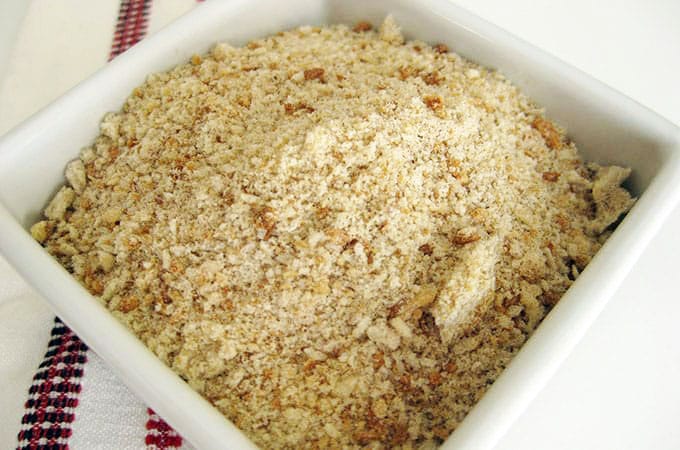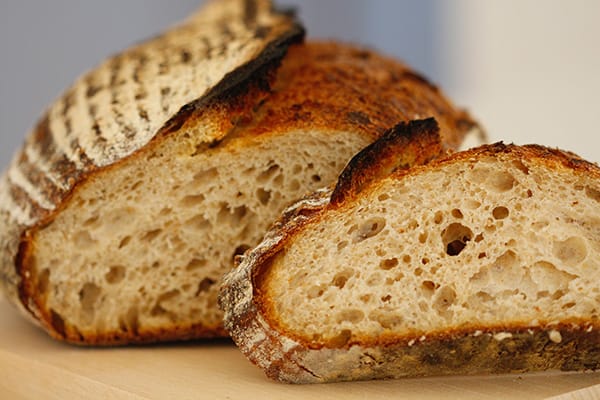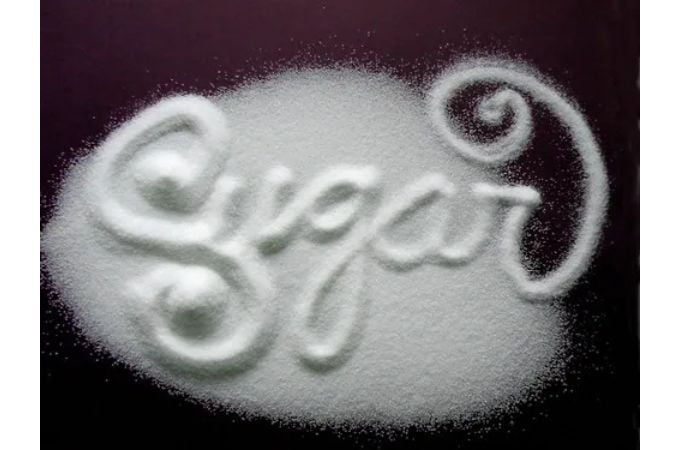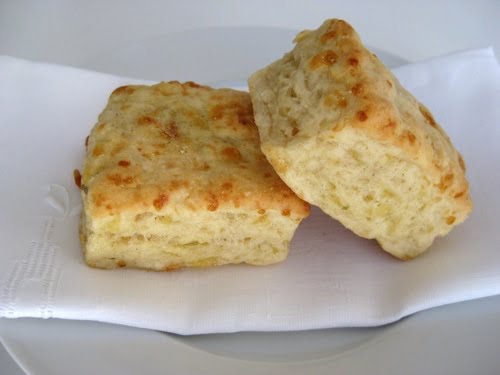Butter or Margarine on Bread?
The freshly baked bread is on the table. But what is next to it: butter or margarine?
The butter vs. margarine debate is always a hot one. Butter has earned a lot of negative press due to being high in saturated fat. The same happened to coconut oil. In fact, coconut oil has anti-viral and many other healing properties. And butter? Well, it seems we have gone full circle and began to realize some positive facts about butter.
I never buy margarine, we only eat butter. Having said that, we don’t consume a lot of it and butter is not automatically in every sandwich and on the table every day. Instead it might be avocado, tahini (ground sesame paste), sour cream, pesto, dips, coconut oil or just a lot of veggies as a base. I cook with butter, too. Scrambled eggs on butter taste soooo much better than scrambled eggs on oil.
Butter is a healthier option
Here are just some of the health benefits of eating butter:
- Butter is completely natural nutrient dense food
- Butter is rich in natural vitamin A, also good source of vitamins D, E, K
- Also contains mineral selenium, an anti-oxidant, iodine and lecithin
- Linoleic, lauric and butyric acids play important roles in our body and butter contains them all
- And yes, it contains cholesterol – a very important ingredient for brain development, cell elasticity and healthy intestines. Children especially need it in the diet!
If you aren’t convinced so far, please do some research on the topic. I recommend reading this article as a start.
Why margarine should be avoid
What is margarine and what is in it? Margarine spread is oil in the base, mostly processed, fully or partly hydrogenised (chemical process) to solidify it into the spreadable form. It contains not so healthy polyunsaturated fat and bad trans-fatty acids, the latter formed during the process.
In addition, most margarine spreads contain preservatives, usually preservative 220, artificial colours and flavours. Before you eat it again, read the ingredients!
In the past decades, as the consumption of butter and other saturated fat decreased in favour of low fat diet, margarine and highly processed oils consumption – cholesterol, cancer and heart problems increased.
Danger of Polyunsaturated Highly Processed Oils
Vegetable oils are healthier option? Well, vegetable oils aren’t all made equal. On the healthy side there are cold pressed extra virgin oils, on the other highly processed oils containing high percentage of polyunsaturated oils. Polyunsaturated oils are very unstable when exposed to heat, oxygen and moisture and become rancid. Rancid oils contain free radicals that cause damage to cells, DNA, etc.
About 30% of calories in the modern age diet come from polyunsaturated oils. Instead it should be only a few percents. So watch for the amount of polyunsaturated fats, especially in processed and fast foods. Processed oils are cheaper and widely used in the food industry. For frying, coconut oil, butter and animal fats are better option.
One Unpractical Thing about butter
There is only one thing about butter that isn’t handy: it takes time to soften on room temperature to spread easily. There are two ways to overcome that: to cut it into smaller chunks so it softens faster or to make soft butter spread. Stay tuned, the recipe is coming soon, as well as types of butter available (some are better than the other) and how to make your own butter.







